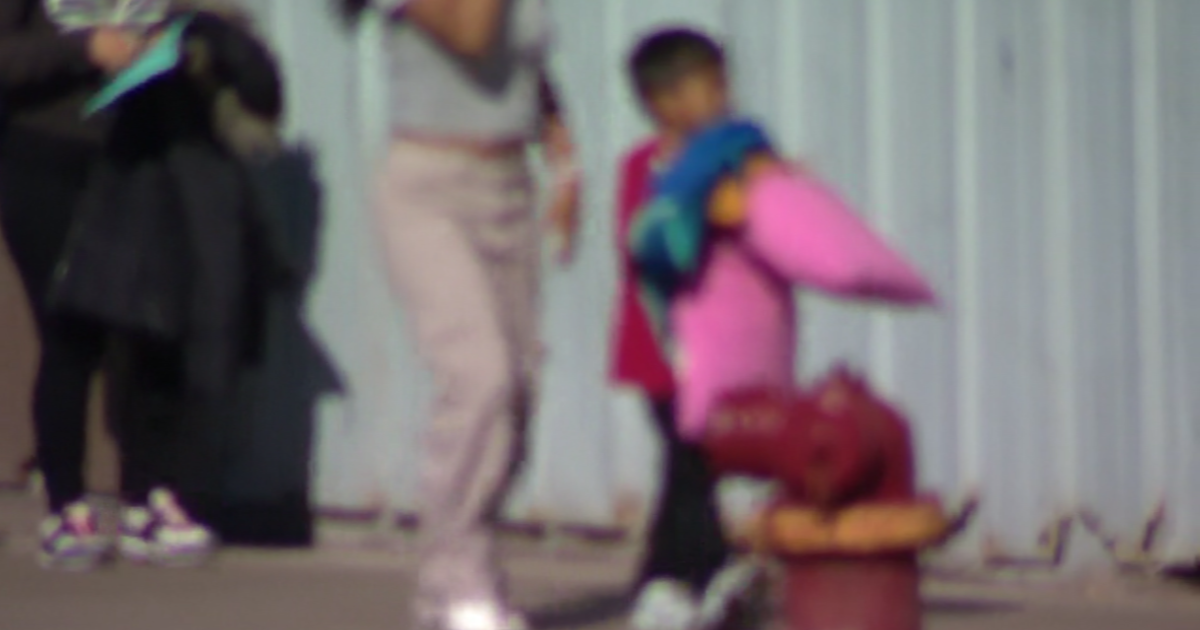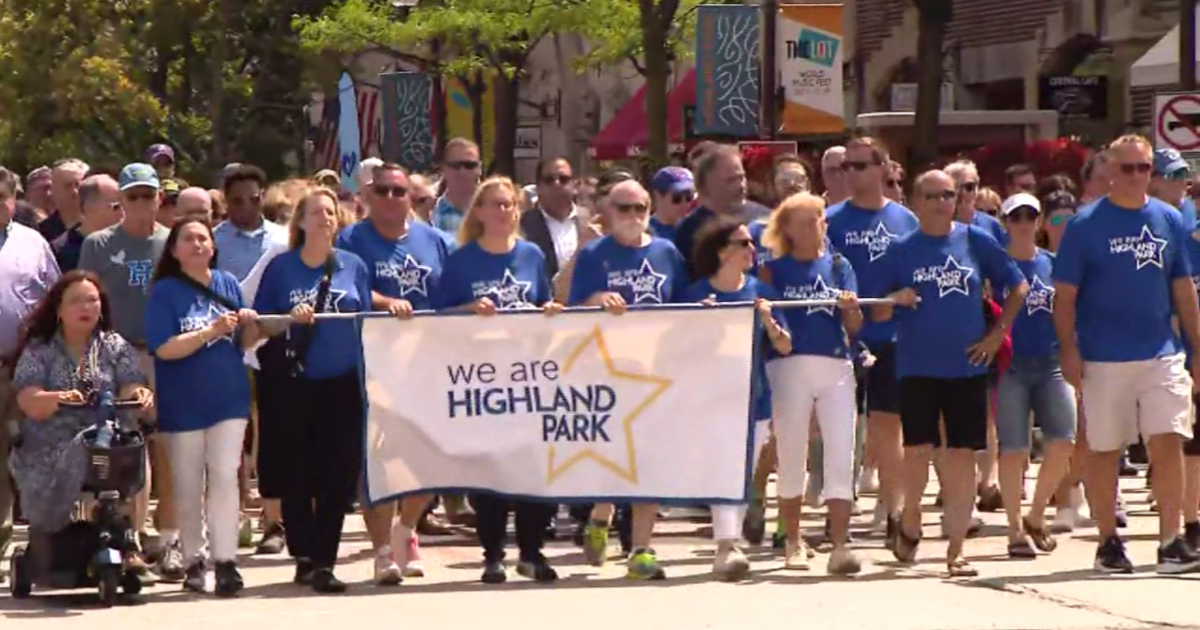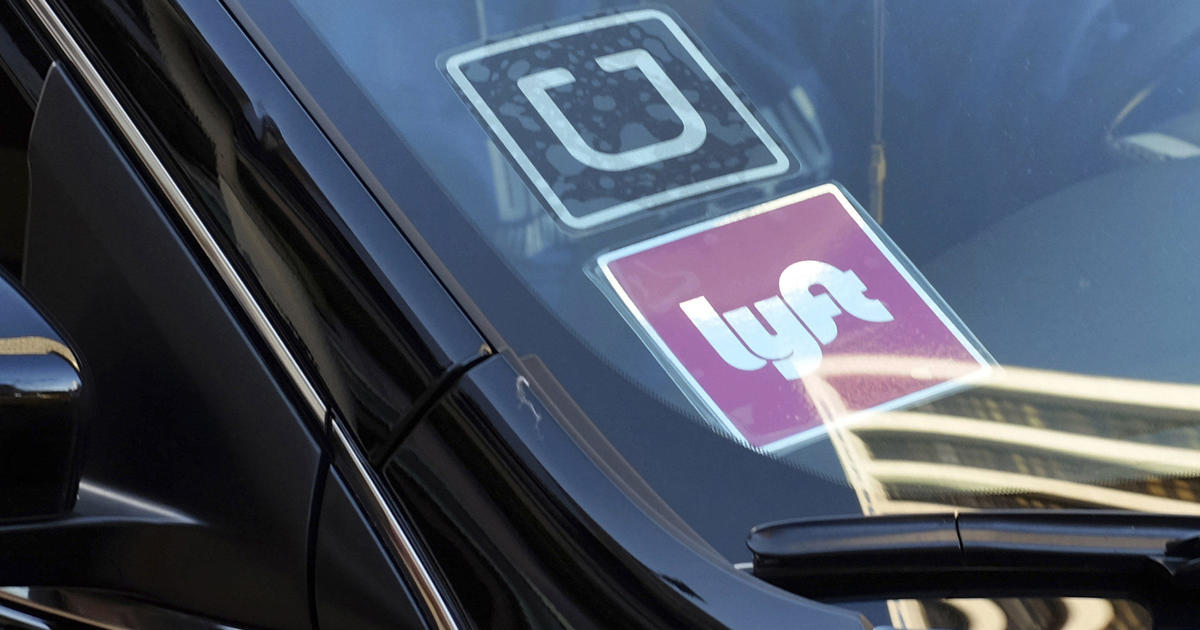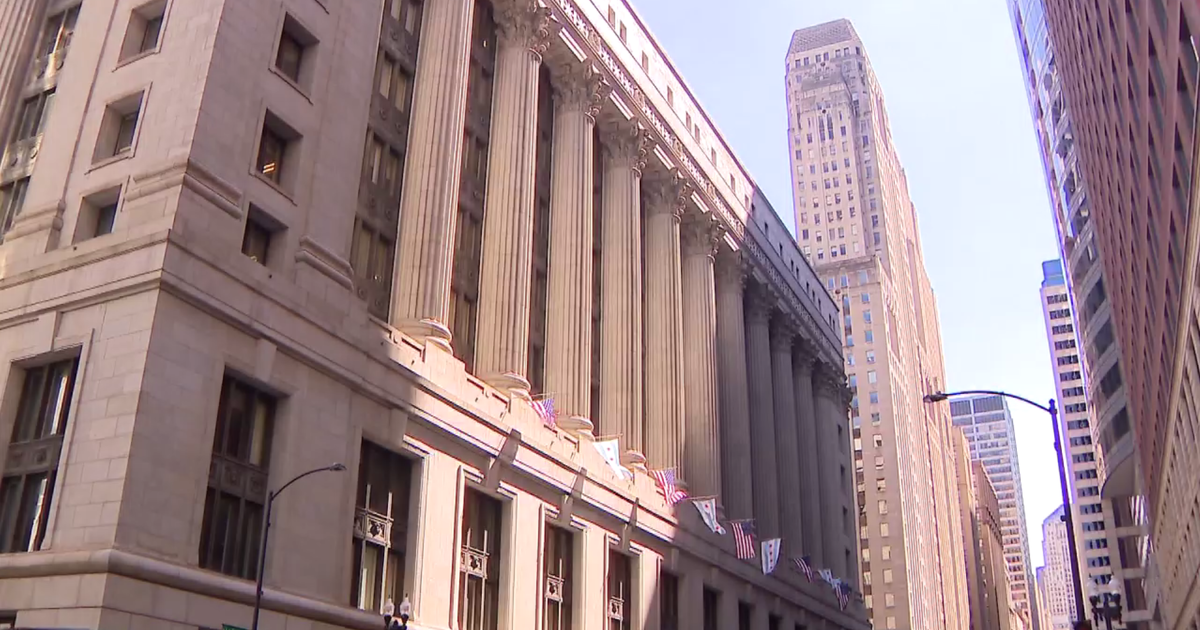Emanuel Plans Changes To Expand Recycling
CHICAGO (CBS) -- Mayor Rahm Emanuel is planning changes that he hopes will extend the practice of recycling throughout the city.
"Recycling is the next frontier to make sure we're an environmentally conscious city, have the right type of quality of life for our residents and do it also in an cost-competitive and cost-conscious way," Mayor Emanuel said at a news conference Monday.
Part of the plan calls for managed competition, in which the city will enter into contracts with two different private firms to handle recycling. The city will be divided into six service areas – four of which will be served by those two firms, the other two of which will be served directly by the Department of Streets and Sanitation.
LISTEN: Newsradio 780's Regine Schlesinger Reports
Podcast
The private firms – Waste Management and Midwest Metal Management – will begin collecting recyclables in September or October, according to the mayor's office.
Currently, the Blue Cart recycling program serves only a small fraction of the city's population – 244,000 homes, at a cost of $13.8 million for the city. Bids from prospective private collection firms have come in at about $6.6 million, for a savings of about 50 percent, the mayor's office said.
Emanuel said the current distribution of recycling services creates a system of "have and have-nots, a tale of two cities that's inconsistent with who we are on recycling."
Another 20,000 households will be added to the program next year, and it will eventually be implemented citywide, according to the mayor's office.
Streets and Sanitation employees who are now collecting recyclables will be reassigned within the department, the mayor's office said.
Emanuel said that move is in keeping with his campaign process of making government more efficient, in spite of the entrenched way of doing things.
"I will not let the city's future be held back or in a hammerlock," he said.
The recycling program has been trouble for the city for more than 20 years.
Back in 1989, demand mounted for a recycling program as the volume of garbage discarded by consumers grew and landfill space neared capacity. Then-Ald. Bernard Hansen (44th) called for a 100 percent recycling program within three years.
Then in the fall of 1989, the Department of Streets and Sanitation began a pilot program for recycling in four city wards involving separate trucks to pick up glass, plastic and metal.
But the city decided the volume collected did not justify a citywide program of duplicate garbage service. Instead, it worked toward implementing the much-maligned Blue Bag program, which did not require separate vehicles, but instead only separate recyclable bags that would go in with regular garbage.
The Blue Bag program was implemented with much fanfare in 1995, and the city said it expected to recover more than 1 million tons of recyclable material each year with the program. But eight years later, thousands of tons of garbage were still pouring into landfills every day. And recyclables were sometimes ending up there too.
But there were also flaws in the system in which recyclables were collected, recycling advocates argued.
The same truck that picked up regular garbage also picked up the Blue Bags, compacting all of the refuse together. Those in turn were removed from their bags, placed on a conveyor belt and sorted – dirty diapers together with bottles and cans – yielding a much smaller percentage than hoped.
On its official Web site in 2002, the City of Chicago reported that over 256,000 households per week were putting out at least one Blue Bag for pickup.
Still, the city ultimately decided to phase out the Blue Bag program. Retired Mayor Richard M. Daley announced plans to do so in 2006, and two years later, the city announced the transition to the Blue Cart program.
But the problems didn't end there. Amid budget concerns last year, Mayor Daley had talked about privatizing or eliminating the city's recycling program altogether.
Meanwhile, Laborers Union Local 1001 lobbied for a $10 monthly fee for recycling pickups to subsidize the switch to current recycling, but no final action was taken on the issue before Mayor Daley left office this past May.



